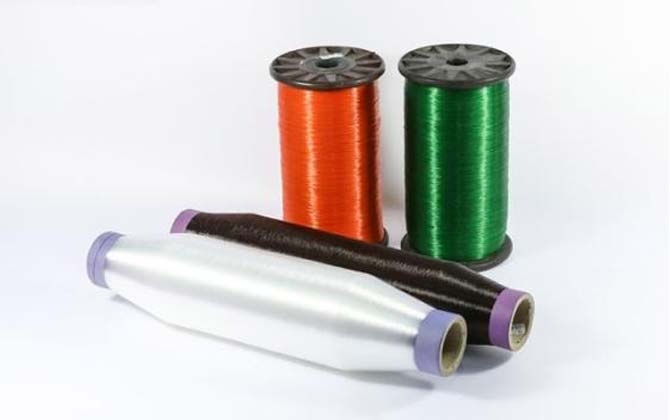


The industry is increasingly recognizing the need for sustainable practices and materials to mitigate its environmental impact. Sustainable textiles encompass various approaches, including the use of bio-based fibers, recycled fibers, eco-friendly dyeing processes, and circular economy principles. Bio-based fibers and yarns are promising solutions by utilizing renewable resources and reducing reliance on fossil fuels.
Bio-based fibers and yarns are materials that are derived from renewable plants, animals, or mineral sources, as opposed to fibers that come from petroleum-based sources. These materials are becoming increasingly popular in the textile industry because they are more sustainable and eco-friendlier than man-made materials. What was old is now new again. Bio-based fibers can be spun into yarns that can then be used to make a wide range of textile products, such as clothing, bedding, and towels.
Fiber formation techniques play a crucial role in determining the final properties and characteristics of the bio-based fibers, such as strength, diameter, length, and surface texture. Once the fibers are extracted or synthesized, they undergo fiber formation techniques to transform them into usable forms for textile applications.
The adoption of bio-based fibers and yarns in textile production brings multiple environmental benefits, including the conservation of resources, reduction in greenhouse gas emissions, and the potential for a more circular and sustainable textile economy. Biomass sources for bio-based fibers often sequester carbon dioxide during growth, helping to offset emissions and mitigate climate change impacts. By embracing these fibers, the industry can move towards a more sustainable and responsible approach to meet the growing demand for textiles.
We Value Your Privacy.
Our website uses cookies to improve your experience. By clicking "Accept All Cookies", you agree to the storing of cookies on your device to enhance site navigation, analyze site usage, and assist in our marketing efforts.
 English
English 日本語
日本語 한국어
한국어 français
français Deutsch
Deutsch Español
Español italiano
italiano русский
русский português
português العربية
العربية tiếng việt
tiếng việt





